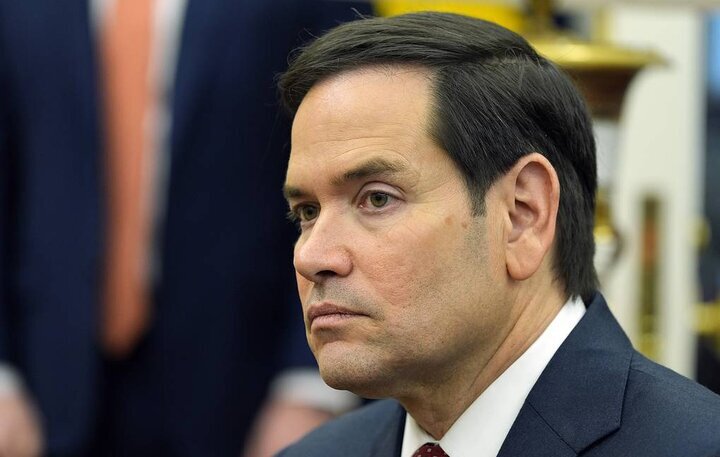Rubio blames Iran for JCPOA collapse overlooks US withdrawal from the deal
Rubio blames Iran for JCPOA collapse, overlooks U.S. withdrawal from the deal
TEHRAN – Marco Rubio, the U.S. Secretary of State, has said European nations need to make a decision on whether to reinstate sanctions against Iran, accusing Tehran of not complying with the terms of the Joint Comprehensive Plan of Action (JCPOA).

Following talks with his European counterparts in Paris on Thursday, Rubio claimed, "They must make a crucial decision soon regarding the reactivation of sanctions, as Iran has clearly exited the current deal."
However, this narrative overlooks critical historical context. The JCPOA, initially signed in 2015, saw Iran agree to curb its nuclear program in exchange for sanctions relief. The deal was a multilateral effort involving the U.S., Iran, and five other world powers. Yet, in 2018, the Trump administration unilaterally withdrew from the agreement, significantly undermining the JCPOA and prompting Iran’s subsequent scaling back of its commitments under the deal. Since the U.S. exit, Iran has repeatedly called out Washington for failing to uphold its side of the agreement, and for instigating further regional instability with its "maximum pressure" sanctions campaign.
In a statement issued on Thursday, the International Atomic Energy Agency (IAEA) claimed that Iran is now closer than ever to developing nuclear weapons. This comes amid rising claims from the West about Iran's nuclear program. U.S. President Donald Trump has also reiterated that Iran must not acquire nuclear weapons, framing it as a red line for the U.S. and its allies.
However, Iran has maintained that it is not responsible for the collapse of the nuclear deal. Tehran has argued that the U.S. withdrawal from the JCPOA in 2018, combined with the subsequent re-imposition of harsh sanctions, forced Iran to reduce its compliance with the agreement's stipulations. Iran has also consistently stated that the "snapback" mechanism, which would allow a re-imposition of UN sanctions, is not their responsibility, as the U.S. is the party that walked away from the deal.
"Iran has exited the agreement and is not honoring its commitments, so the return of sanctions is entirely logical and necessary," Rubio continued. His call for European nations to make a "swift decision" on the activation of the snapback mechanism reflects a divide within the U.S. administration and European partners about how to approach the Iran nuclear issue.
source: tehrantimes.com